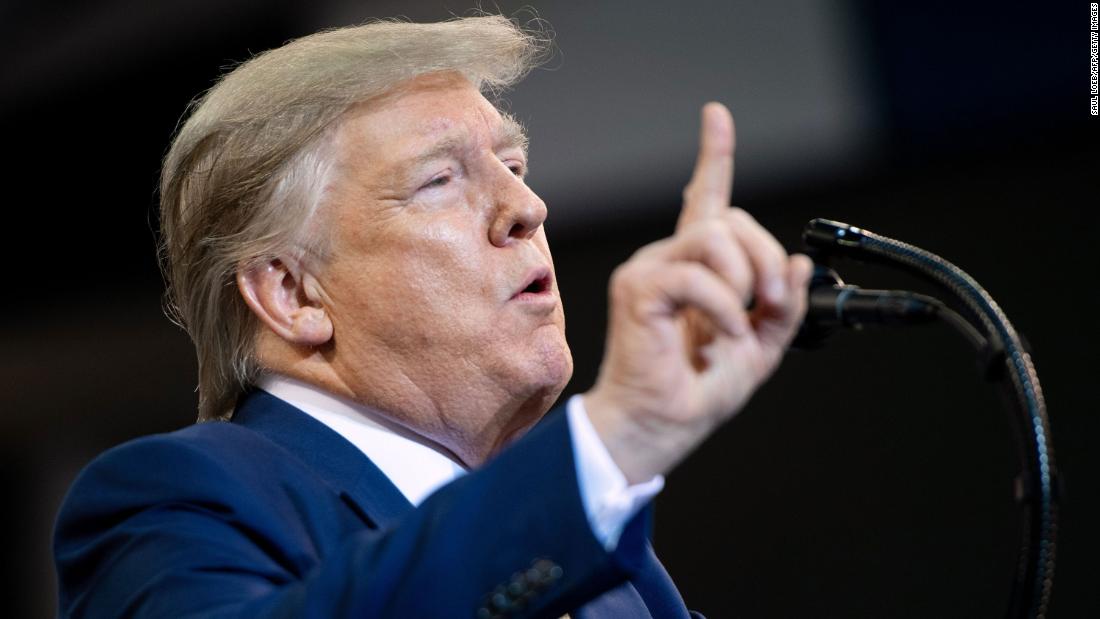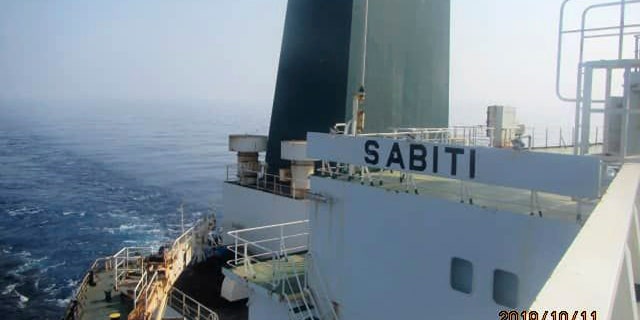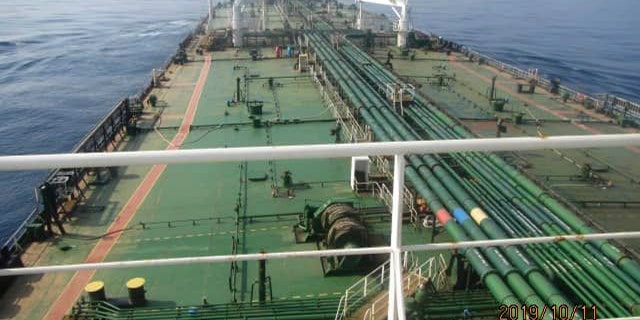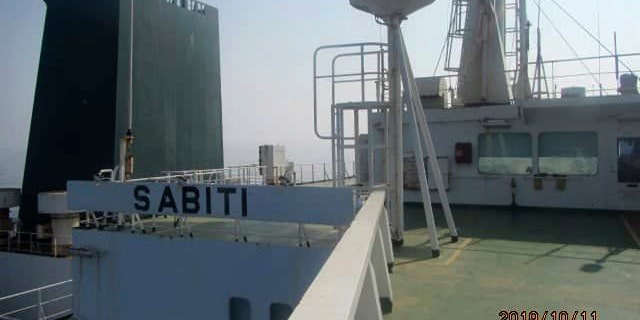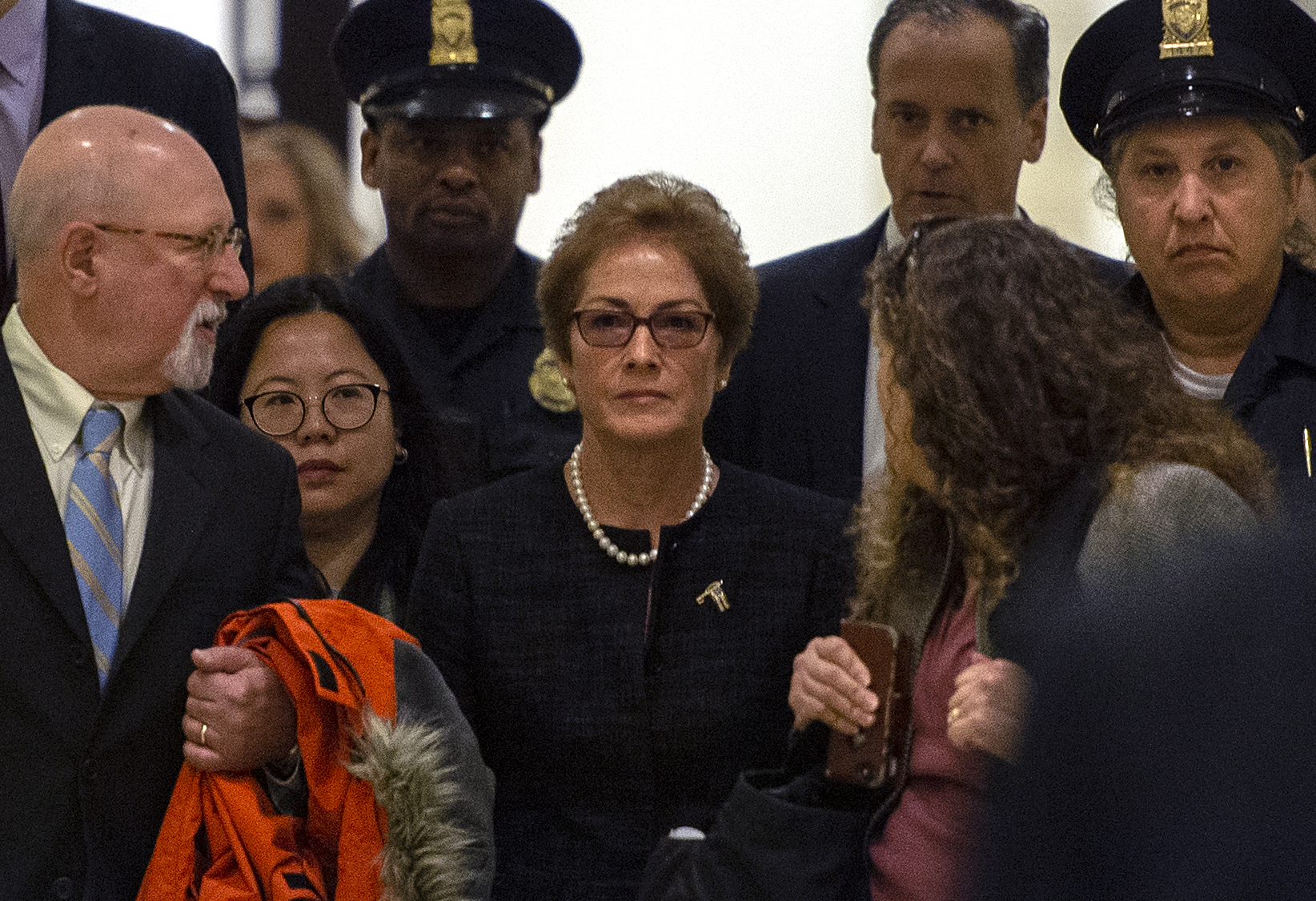
Former US ambassador to Ukraine Marie Yovanovitch testified behind closed doors Friday as part of the Democratic-run impeachment inquiry.
In a 10-page statement obtained by The New York Times and The Washington Post, Yovanovitch defended her tenure and decried the "concerted campaign" to recall her from Ukraine, which she said is tied directly to President Trump. Yovanovitch also rebuked the two associates of Trump's attorney Rudy Giuliani who were arrested this week on campaign finance charges that were tied to an effort to get her removed.
Here's a breakdown of three of the most explosive lines from her statement:
Victim of "unfounded and false claims"
- Yovanovitch: "Although I understand that I served at the pleasure of the President, I was nevertheless incredulous that the US government chose to remove an ambassador based, as best as I can tell, on unfounded and false claims by people with clearly questionable motives."
- Context: Here, Yovanovitch pushes back on the negative information about her that was being circulated by Giuliani — attacks that made their way to Trump and also the State Department. This includes allegations that she pressured Ukraine not to investigate specific cases, and that she was part of an effort by Ukraine to meddle in the 2016 election to defeat Trump. There is no evidence to support those allegations, and Yovanovitch said they were "unfounded and false."
A rebuke of Giuliani's arrested associates
- Yovanovitch: "With respect to Mayor Giuliani, I have had only minimal contacts with him -- a total of three that I recall. None related to the events at issue. I do not know Mr. Giuliani's motives for attacking me. But individuals who have been named in the press as contacts of Mr. Giuliani may well have believed that their personal financial ambitions were stymied by our anti-corruption policy in Ukraine."
- Context: This is the key paragraph where Yovanovitch connects all the dots. She suggests that Giuliani's associates might have tried to get her removed from her post because she was legitimately fighting corruption, which could have harmed their business ventures. Prosecutors said the men — Lev Parnas and Igor Fruman — who were indicted Thursday, illegally poured Russian cash into US campaigns last year and tried to leverage their newfound influence to benefit a legal marijuana enterprise.
Trump pressured State Department to remove her
- Yovanovitch: "I met with the Deputy Secretary of State, who informed me of the curtailment of my term. He said that the President had lost confidence in me and no longer wished me to serve as his ambassador. He added that there had been a concerted campaign against me, and that the Department had been under pressure from the President to remove me since the Summer of 2018. He also said that I had done nothing wrong and that this was not like other situations where he had recalled ambassadors for cause."
- Context: Yovanovitch sheds new light on her conversations with US Deputy Secretary of State John Sullivan. Yovanovitch's testimony gives the impression that Sullivan was not onboard with the decision to remove her from Ukraine and that the decision came directly from the President. Democratic lawmakers will surely want to talk Sullivan him about these conversations. Trump announced his intention Friday to nominate Sullivan as US ambassador to Russia.
Read more lines Yovanovitch's statement here.
https://www.cnn.com/politics/live-news/impeachment-inquiry-10-12-2019/index.html
2019-10-12 09:48:00Z
52780406418117

